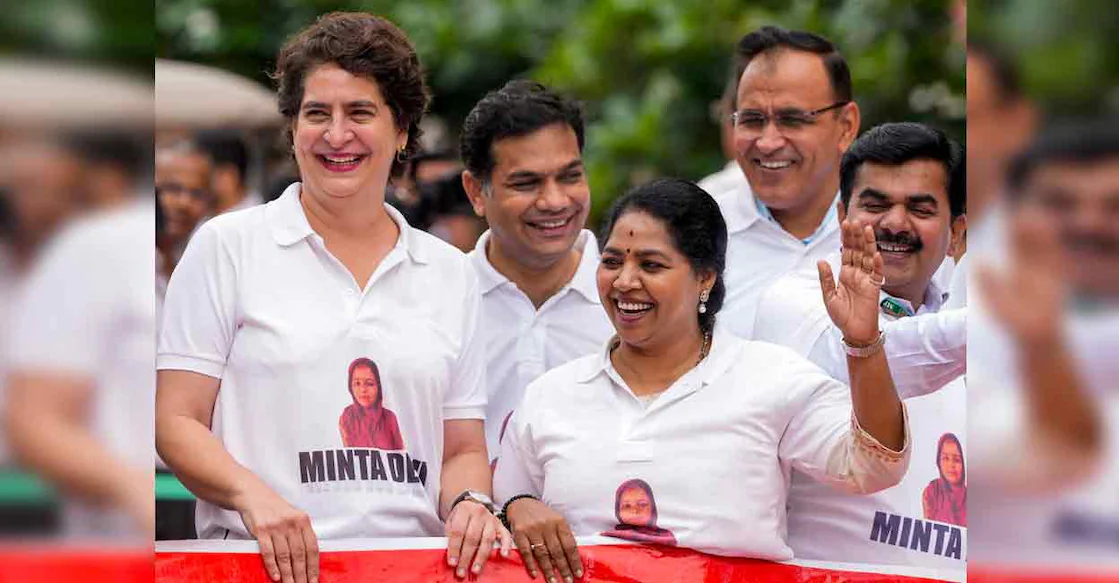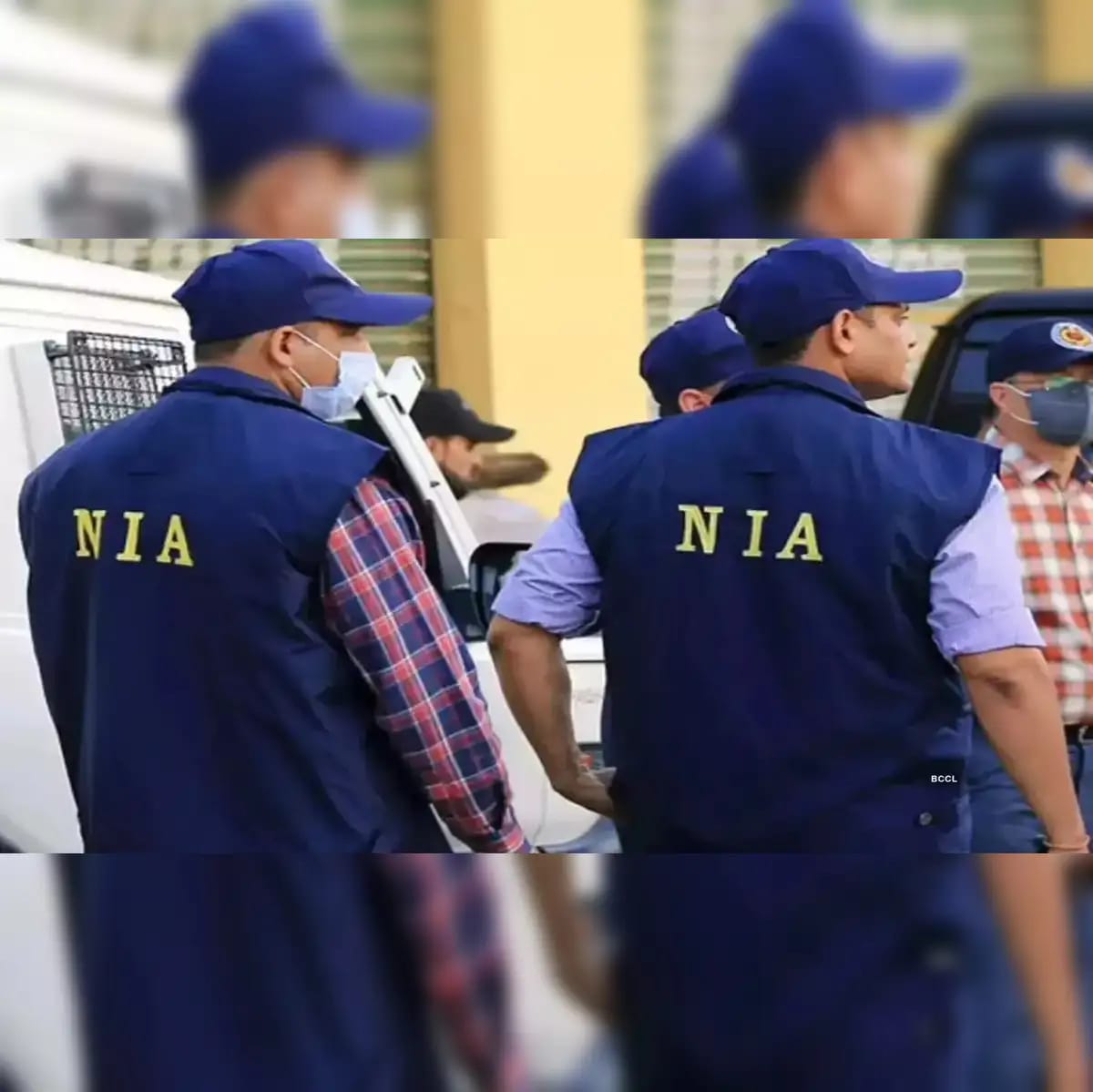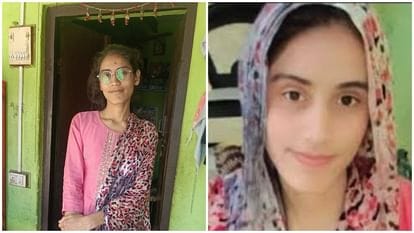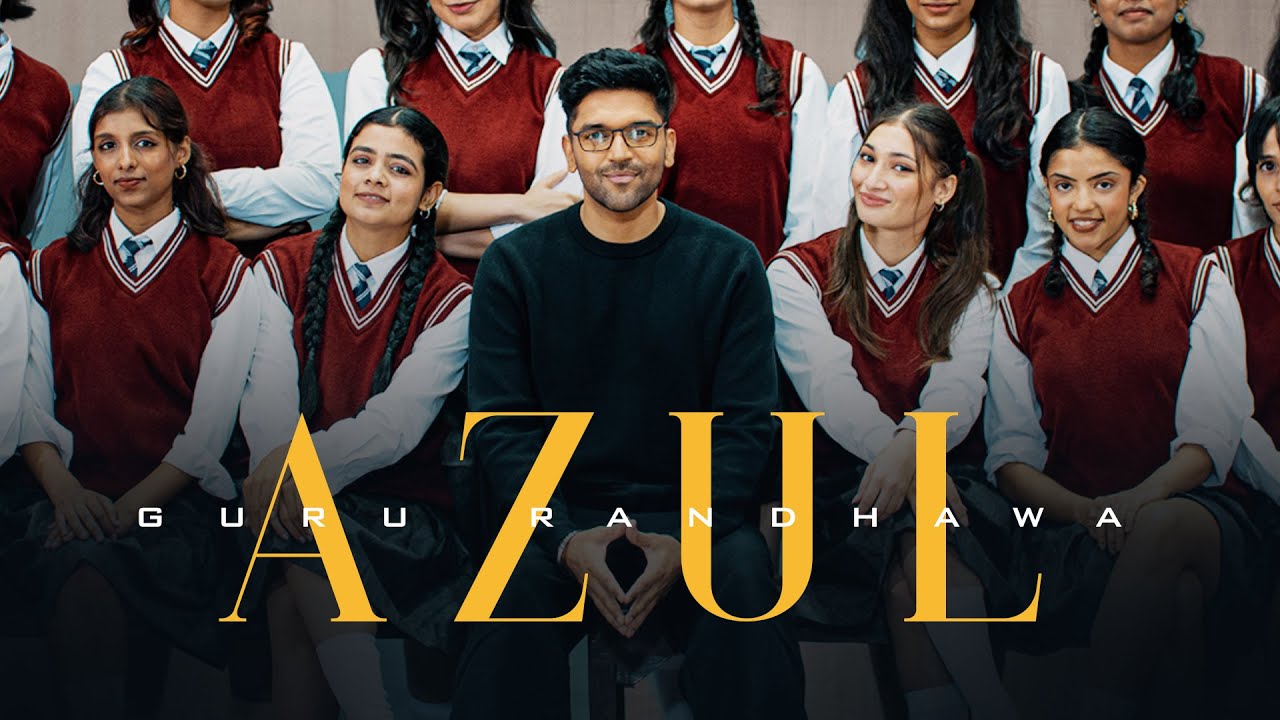124 Not Out — But Not in My Name: Minta Devi Questions Political Use of Her Face
28 August 2025
By Tina Sarkar
In India’s heated political battles, faces often become symbols. But what happens when the person behind the face never gave their consent? Minta Devi, a voter from Bihar’s Siwan, unexpectedly found herself at the centre of a national protest when her alleged “124-year-old” entry in the voter roll became a rallying cry for the INDIA bloc against the Election Commission’s voter list revision. Her image and name were plastered on T-shirts worn by prominent Opposition leaders. Yet, Minta Devi says no one, neither from the Opposition nor the administration, ever sought her permission. Her story raises serious questions about consent, dignity, and the right to one’s own identity in the high-stakes world of politics.
"Who Are They to Me?"
Speaking to ANI, Minta Devi expressed her frustration at being turned into a political mascot without her knowledge. “Who are they (Opposition MPs) to me? Who is Priyanka Gandhi or Rahul Gandhi to me? Who gave them the right to wear T-shirts featuring me?” she asked. She said she only found out about the protest two to four days ago and was never contacted by the administration. For her, the gesture felt less like support and more like an invasion.
A Voice for Herself, Not for Politics
While her voter roll entry mistakenly lists her as 124 years old, her Aadhaar card clearly states her birth date as July 15, 1990. “If I am 124 in the eyes of the government, why am I not getting an old age pension?” she questioned, directing criticism at both the ruling government and the protesting Opposition. For a rural woman suddenly thrust into the glare of national politics, the experience can be intimidating, with strangers claiming to speak for her without even a conversation.
Consent is Not Optional
Minta Devi’s case highlights an often-overlooked aspect of political campaigning: the need for consent before using someone’s name, image, or personal details as a symbol. In a society where women, particularly in rural India, already face vulnerability, such public exposure without permission can be distressing and even dangerous. Turning someone into a political symbol without their agreement risks stripping them of agency and reducing them to just a prop in a larger narrative they may not even support.


